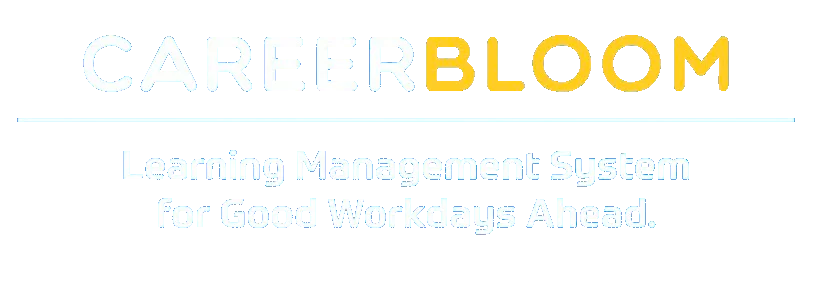There’s nothing worse than being totally buried with work and seeing an instant message pop up on your screen. “Hey, can you help me with something?”
Not again!
Before you type the words, “That’s not my job!” in a fit of annoyance, read on to learn how you can protect your sanity and be the team player every employer wants. You might even get more happy hour invites from your coworkers.
1. Show empathy in your response
You’ve certainly been in their shoes at one time or another. Think about what you’d want to hear if you asked for help. Give them the sense that you appreciate their situation and are giving a thoughtful answer. This is often overlooked, but just a few kind words can make all the difference
in how they perceive your response.
- • "I’m sorry to hear you’re so swamped."
- • "Preparing for Board meetings is so much work! I know how hard it is."
- • "You’ve had quite a week."
2. Explain why you can’t help (or can only help a little)
Rather than simply saying "no," provide the context for your answer. That way, your coworker will know you’re not just avoiding more work. It’s also a respectful way to show you would help if you could. This improves your reputation in the office as a helpful, considerate team member.
- • "If I help you with this project, I won’t be able to finish an important report that my boss
needs today."
- • "Since this isn’t my area of expertise, it would probably take me twice as long to do it, and you’d have to review. I could create more work for you unintentionally."
- • "Based on my current workload, I could help for about an hour today. Could you break off a task that would take me an hour to do?"
3. Point them in the right direction
Your coworker came to you because they thought you could help them move their project forward.
If you have information that would make their life easier, take a few seconds and share. This reinforces that you’re not just brushing them off. It also says, “I understand that this is important
to you and the company.”
- • Even though I can’t help right now, here’s a template that I used the last time I prepared a report like that. Hopefully, it will save you from reinventing the wheel.
- • I’m actually not the contact for that. However, Jim from Risk Management would definitely have a resource that you could use.
- • If you’re struggling to complete this and it’s a high priority, why don’t we talk to our boss to see if she can help us decide what’s most important?
4. Talk to your boss if the requests are too much to handle
If you’ve been using the tips above and you’re still being hit up constantly for work outside your job description, it’s time to talk with your boss. Here are a few sample conversation starters to give you an idea.
- • I’m getting a lot of requests for help from our sales directors and most of them are outside of my job description. I’m always happy to help, but at times it’s hard to juggle everything. I wanted to check in and see if we can take a closer look at who does what.
- • It seems like other departments assume we handle Risk Management. I field a lot of questions that are really for them. Sometimes I’m asked to do work that I’m not qualified to do. Could we send out an email to clarify the difference between our Legal and Risk Management departments?
--
Instead of saying “That’s not my job!” try this:
- Show empathy in your response
- Explain why you can’t help (or can only help a little)
- Point them in the right direction
- Talk to your boss if the requests are too much to handle



